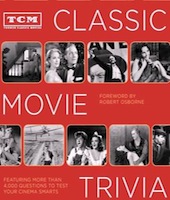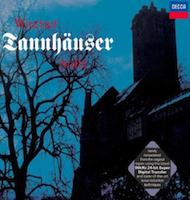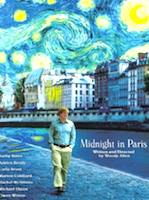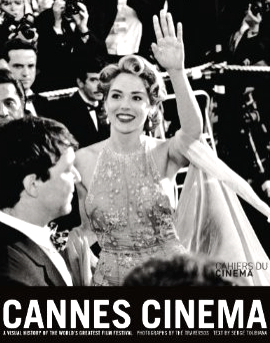Celles Qui Aimaient Richard Wagner (Those Who Loved Richard Wagner)
- SUBSCRIBE
- ALREADY SUBSCRIBED?
BECOME A BONJOUR PARIS MEMBER
Gain full access to our collection of over 5,000 articles and bring the City of Light into your life. Just 60 USD per year.
Find out why you should become a member here.
Sign in
Fill in your credentials below.
 Celles Qui Aimaient Richard Wagner: A Composer and his Women
Celles Qui Aimaient Richard Wagner: A Composer and his Women
While Celles Qui Aimaient Richard Wagner (marketed in the UK as “Those Who Loved Richard Wagner”) isn’t a great film, this curious hodgepodge directed by Jean-Louis Guillermou (a specialist in musical subjects who last made a film on Vivaldi) is more stimulating than most “better” films. It’s partly a biopic of the great nineteenth-century composer of musical drama, seen in terms of the women he loved (and who loved him). It’s also a showcase for several lovely songs, mostly sung by Robert Alagna (playing operatic tenor Joseph Tichatshek). Finally there is the contemporary story of Judith, a music student obsessed with Wagner, and who happens to be sharing an apartment with an older woman writing a book on him. Each narrative thread is well done, but they don’t really carry through individually, and don’t mesh in a seamless way. Still, the jarring quality jangles in a way that’s appropriate to the subject.
The biopic segments are sumptuous, often shot with candlelight in a way that recalls Flemish painting. This is especially impressive because the film doesn’t seem to have been made on an enormous budget. At the beginning Wagner is in a moment of defeat, his groundbreaking work rejected by Paris opera-goers and his relations with a paramour on the rocks. His destiny isn’t to be the Balzacian one of the outsider conquering Paris. Wagner must return to Germany to connect with the myths that will inspire his operas, and to find a soul mate who will serve as his muse. It’s also in Germany that he finds the solution to his money problems, in the form of Ludwig II of Bavaria (Stéphane Bern), an idiosyncratic monarch beloved by his people for spreading the wealth by being a spendthrift.
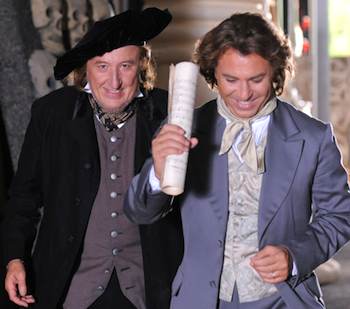
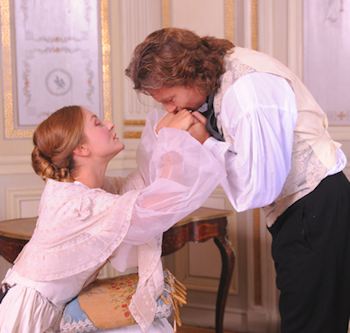
Visually the film moves with assurance from atmospheric interiors to lush forest and countryside. But how does this experience affect Wagner’s spiritual life? That’s not the director’s interest. He’s more concerned with his emotional ups and downs. The director does a fine job depicting Wagner’s peripatetic life, moving from city to city, from ally to ally; from one woman to another. The central woman is, of course, Cosima Von Bulow (later Cosima Wagner). Cosima is well played by Elisabeth Duda, giving us a sense of her strength and passion, as well as her high-strung nature. Aside from being Wagner’s main muse and supporter, she wrote an important autobiography. But like Wagner’s previous lovers, she will be challenged by a younger woman, Judith Gautier, daughter of the poet Théophile Gautier (played by Anne-Christine Caro, who also plays the contemporary Judith).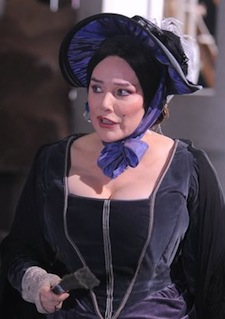
Jean-François Balmer does a good, solid job playing Wagner. But he’s French and speaks French throughout, his manner more like a courtly Parisian bourgeois than a romantic German. When the randy middle-aged composer makes advances on young women he comes across as a DSK in a floppy hat and hairpiece. This disconnect is inevitable when making a film about a very different culture—think of Kirk Douglas as Van Gogh in the very “Hollywood” Lust for Life.
The idea to explore Wagner’s life through his women is a good one, but the women in the film, with the exception of Cosima, don’t seem like full-bodied persons. When Wagner exultantly calls a woman his muse, it sounds like a pick-up line. We don’t see, or even get an inkling, of Wagner finding inspiration in these women.
Judith is portrayed as giving the aging Wagner a new vitality, but the relationship seems tepidly chaste. Anne-Christine Caro is sympathetic but callow—this was a role for a young Isabelle Adjani, say, or Sophie Marceau. The Judith relationship is a way to link the past with the present-day Judith, the contemporary biographer (a bit hysterically played by Michèle Mercier), and the modern Judith’s musical milieu. The problem is the contemporary story hasn’t been sufficiently developed. When we see the same actors who’d played historical parts in contemporary roles it’s like the end of Wizard of Oz, when Dorothy sees the Kansas equivalents of the fantasy characters.
Another shortcoming is that we don’t get scenes of Wagner’s operas, whether in performance or in rehearsal. This would have expressed the visionary nature of the composer and his relationships. Instead we get those scenes where Alagna sings individual songs. This is entertaining, but not evocative—it’s like watching a commercial for one of those “100 Best Arias” disks on late-night TV.
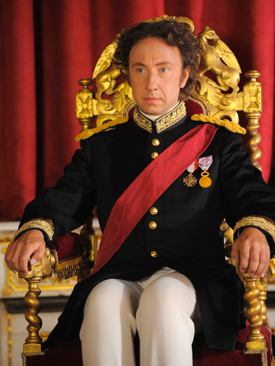
The director’s efforts to make his story relevant are also uneven. He confronts Wagner’s anti-Semitism, but in a cheesy way that minimizes it. He shows a poverty-stricken Wagner pawning a sentimental keepsake, and the Shylock of a pawnbroker offering a meager sum. Then in a contemporary segment the child Judith is shown in a flashback being introduced to the composer by a Jewish neighbor. The director also makes references to the composer’s supposed anarchism, but we never see him actively involved in anarchist activities. In terms of sheer influence, we know it wasn’t the anarchists who were inspired by Wagner.
Wagner’s patron, King Ludwig II is depicted comically, but cruelly, as a nincompoop martinet out of a Gilbert and Sullivan operetta. But aside from subsidizing Wagner, Ludwig deeply appreciated his work. Perhaps showing him as an ardent romantic rather than just a simpleton might also have exposed the composer as something of a crackpot as well. It’s ironic that the movie treats Ludwig with derision, for this fanciful film evokes not so much Wagner’s visionary grandeur, but one of the extravagant, if somewhat silly, castles constructed by Mad Ludwig.
View video trailer
Production: Richard Wagner Productions
Distribution-France: Richard Wagner Productions
Photo credits: publicity photos
Dimitri Keramitas is a Paris-based film reviewer who covers the latest French film releases for BonjourParis every other Wednesday. Click on his name to read his past reviews published in BonjourParis.
Would you like to propose a story? Submit an article or story idea.
Subscribe for free and never miss a story. Search our library with 7,200+ stories and 50 original stories published monthly. BonjourParis has been a leading online France travel and French lifestyle site since 1995.
View our Top 100 Bestselling Amazon.com Items. (Wait for Amazon.com widget to load)
Recommended selections:
TCM Classic Movie Trivia: Featuring More Than 4,000 Questions to Test Your Trivia Smarts. September 2011 release: The definitive movie trivia book, from the authority on classic film. Rediscover your favorite films and put your movie knowledge to the test with more than 4,000 questions that draw on a century of landmark cinema.
CD: Wagner’s Tannhauser. Magnificent remastered multi-disk .
DVD: Midnight in Paris. The Woody Allen film perfect for every Parisphile.
Cannes Cinema. Cannes Cinema is a May 2011 release that’s a must for serious cinephiles. This is a visual history of the world’s greatest film festival, the Cannes festival, from its beginnings in 1939 to the present day. It includes a beautiful collection of portraits of the greatest film stars…
Want more? View our recommended France-themed books & items. Most recent listings at last pages.
Save 10% on your return trip
PARIS SHUTTLE is a leading Paris airport transfer service. Book your airport transfers in advance online for direct to-your-door service.
More in film review, french cinema, French film, review



